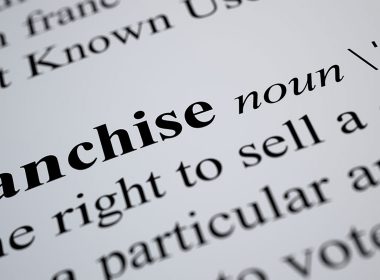By Glenn Fredericks -
Snapshot
- The issue of whether companies such as franchisors should be responsible for the workplace law breaches of other employees is a hot topic.
- Australian law deals with this issue mainly through accessorial liability and new vulnerable employee provisions.
- A similar function is served in the United States through the doctrine of joint employment.
Consider the following scenario: a franchisee had breached its obligations to its employees under workplace laws, primarily through not providing breaks or paying overtime as required.
- There was some evidence to suggest the franchisor was aware of this.
- The franchisor, through the franchise agreement, had control over many aspects of the franchisee’s operations.
- The franchisor provided training to managers and required that at least one franchisor-trained manager be on duty for each shift.
- All the employment functions (hiring, firing, payment of wages etc) were conducted by the franchisee.
- The franchisee voluntarily used a pay-roll system developed by the franchisor. It appears that many of the violations occurred because the pay-roll system was not properly configured to allow break times and calculate overtime as required by applicable workplace law.
- The franchisor represented to the franchisee that the pay-roll system was compliant and encouraged the franchisee not to change any settings.
In these circumstances, should the franchisor be liable for the failure of the franchisee to pay its employees their legal entitlements?




